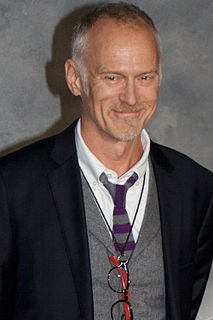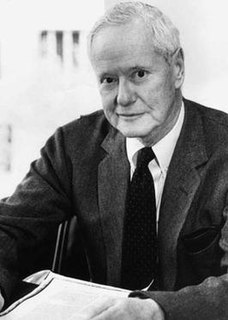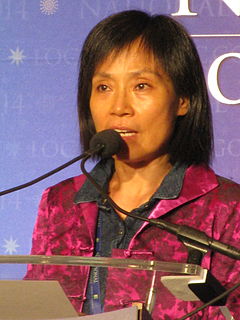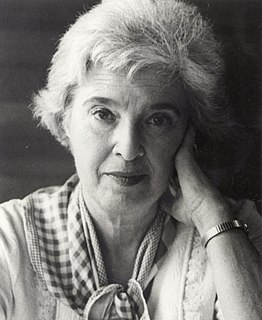A Quote by Camille Paglia
There is a constant rush to judgment in Foucault. He is filled with specious generalizations, false categories, distortions, fudging, pretenses to knowledge in areas where he was ignorant. He had no ability whatsoever to distinguish among historical sources, where he makes terrible blunders.
Related Quotes
All political theories assume, of course, that most individuals are very ignorant. Those who plead for liberty differ from the rest in that they include among the ignorant themselves as well as the wisest. Compared with the totality of knowledge which is continually utilized in the evolution of a dynamic civilization, the difference between the knowledge that the wisest and that the most ignorant individual can deliberately employ is comparatively insignificant.
It is easy to see, though it scarcely needs to be pointed out, since it is involved in the fact that Reason is set aside, that faith is not a form of knowledge; for all knowledge is either a knowledge of the eternal, excluding the temporal and historical as indifferent, or it is pure historical knowledge. No knowledge can have for its object the absurdity that the eternal is the historical.
All knowledge that is about human society, and not about the natural world, is historical knowledge, and therefore rests upon judgment and interpretation. This is not to say that facts or data are nonexistent, but that facts get their importance from what is made of them in interpretation… for interpretations depend very much on who the interpreter is, who he or she is addressing, what his or her purpose is, at what historical moment the interpretation takes place.
The self-fulfilling prophecy is, in the beginning, a false definition of the situation evoking a new behavior which makes the originally false conception come true. The specious validity of the self-fulfilling prophecy perpetuates a reign of error. For the prophet will cite the actual course of events as proof that he was right from the very beginning.
Men develop ideas and systems of explanation by absorbing past knowledge and critiquing and superseding it. Women, ignorant of their own history [do] not know what women before them had thought and taught. So generation after generation, they [struggle] for insights others had already had before them, [resulting in] the constant inventing of the wheel.
And in some way, Clary thought, he meant it, meant his gratitude. He had long ago lost the ability to distinguish between force and cooperation, between fear and willingness, between love and torture. And with that realization came a rush of numbness—what was the point of hating Valentine for being a monster when he didn’t even know he was one?


































